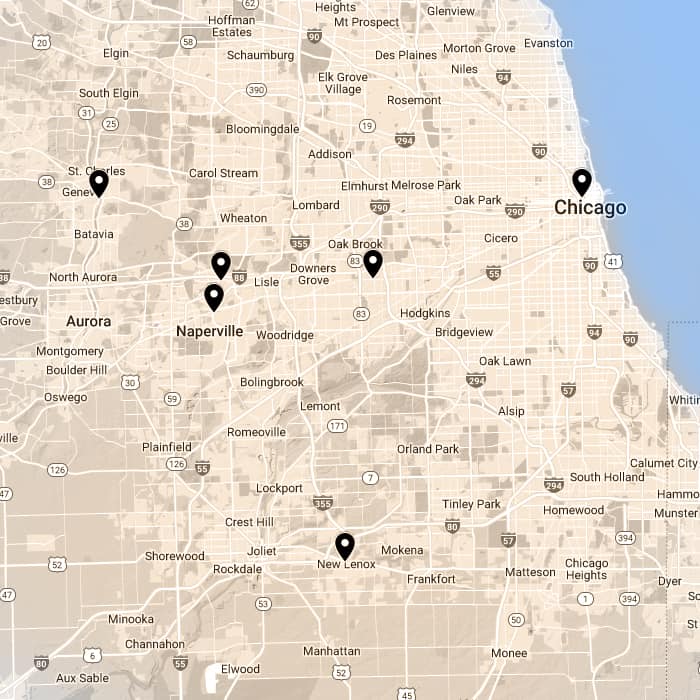Body Dysmorphic Disorder may be a part of eating disorder symptoms or it may be it's own entity. The NIH called Body Dysmorphic Disorder "imagined ugliness" which is a touching way to describe what a person with BDD is going through. A person with BDD becomes very distraught over perceived flaws in their body image. This can be related to feeling overall too fat or too thin or being self-conscious about a specific body part like an ear. The flaws are difficult for the person to ignore and they feel confined and defined by what they perceive are very painful ways that they look. This leads to excessive preoccupation with the imperfection and it can be very hard to enjoy life and find self-confidence with this issue that feels so strong.
Body Dysmorphic Disorder is a painful experience and it is important to resolve this for a better quality of life.
BDD consists of being obsessively concerned about ones body or a part or parts of ones body that the person perceives as unacceptable. The person becomes very distressed about the body part(s) and has a hard time concentrating on things because of the fear and concern about the body. The person also feels defined by that body part and so becomes self-conscious about how other people are seeing them. Rigid fixation on body criticism ensues and a person feels stuck in a distorted perception about their body.
What is known about BDD is that it is very similar to Obsessive Compulsive Disorder. It seems like a variation of OCD, in this case where obsessions and compulsions are focused around the body or one body part. A lot of fear is wrapped up in OCD and BDD because if a person fails to do the compulsion or obsession a lot of fear is felt until you do it. Body Dysmorphic Disorder may go along with depression and anxiety and OCD and it is important to look at the history of the symptoms and whether personal experiences or traumas may be connected to it. A persons concerns about being loved and accepted may become centered around this one area so that they feel more manageable than globally feeing unlovable.
BDD may be found in people with or without eating disorders. It would be related to an eating disorder if the body distortion was related to feeling overall fat or being obsessed with a part or parts of the body that are perceived as too large. This would trigger a person to want to diet or restrict food to manage and control that issue.
Body Dysmorphic Disorder takes an assessment to determine what the BDD is all about. Typically BDD is seen as similar to Obsessive Compulsive Disorder as it is a type of OCD focused on the body or a specific body part. Similar types of cognitive behavioral therapy and exposure therapy, tolerating distress. Symptoms are often expressing something important underneath so finding out the history of the symptom and whether it may be related to any trauma or trying to help a person cope with something should also be explored. If eating symptoms are related to this then the Rago team can look into those at the same time for full recovery.


Looking for trusted eating disorder therapy centers in Chicago and nearby areas?
Our seasoned therapists utilize evidence-based approaches to support recovery in a welcoming environment. Whether you’re seeking help for yourself or a loved one, our centers are conveniently located throughout the Chicago area, ensuring you find the right support close to home.
Let us be your partner on the journey to healing and recovery.
Considering help? Feel free to email Dr. Maria Rago, counseling director at Rago & Associates. She will personally read it and connect you with the services and people she believes can best help you or your loved one.